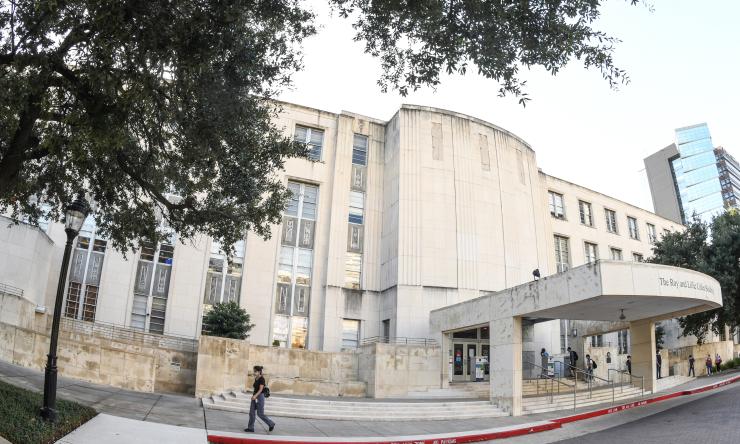Neurosurgery and Neuroscience welcome new McNair Scholars
Three new McNair Scholars have been named at Baylor College of Medicine, all focusing on neuroscience research ranging from decision-making and cognition to brain-disease processes.
Established by The Robert and Janice McNair Foundation and managed by the McNair Medical Institute, the McNair Scholars program pursues collaborative and transformational research by identifying and recruiting leading scientists in the neurosciences.
Dr. Barna Dudok, assistant professor of neurology, Dr. Benjamin Hayden, professor of neurosurgery and Dr. Sarah Heilbronner, assistant professor of neurosurgery, are the newest McNair Scholars. They joined Baylor at the start of 2023.
Dudok’s research is focused on how inhibitory neurons control the activity of neural circuits by synchronizing and pacing the activity of excitatory neurons, the neurons responsible for the flow of information across the different regions of the brain.
“With the support of the McNair Foundation, we could potentially target inhibitory neurons as entry points to stop seizures and to normalize brain activity not just for epilepsy but for other neurological diseases associated with this same type of brain activity,” said Dudok, who will direct the Laboratory of Neural Circuit Modulation.
Dudok earned his Ph.D. in neuroscience from Semmelweis University in Budapest, Hungary, and completed his postdoctoral fellowship at Stanford University before joining Baylor.
Hayden and Heilbronner, a husband-and-wife duo, were previously at the University of Minnesota before they both joined Baylor in the Department of Neurosurgery as McNair Scholars.
“I am very honored to have this recognition,” said Hayden, who specializes in human decision-making.
An electrophysiologist with an interest in cognition for 20 years, Hayden looks forward to what his lab can accomplish. “I am especially interested in self-control — what goes wrong when self-control fails and what goes right when it succeeds. I am excited to try to understand self-control in naturalistic situations, instead of in artificial laboratory contexts.”
Similarly, Heilbronner, who earned her Ph.D. in neurobiology from Duke University and performed postdoctoral work in neuroanatomy at the University of Rochester, also looks forward to building on her research, which aims to understand the pattern of connections made by neurons to determine how behavior, cognition and emotion arise.
“My work is focused on mapping the wiring diagram of the brain. I believe that once we know what this diagram is, we will be better able to treat many brain disorders, because they themselves seem to be caused by problems of connectivity,” she said. “I am looking forward to working within a truly translational team.”










